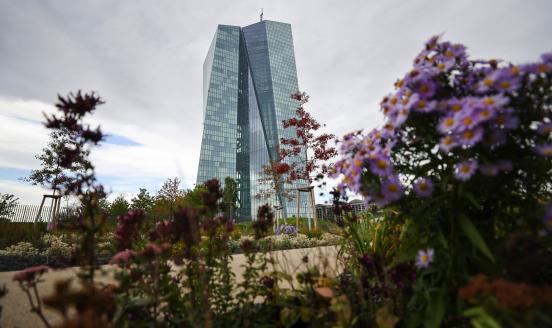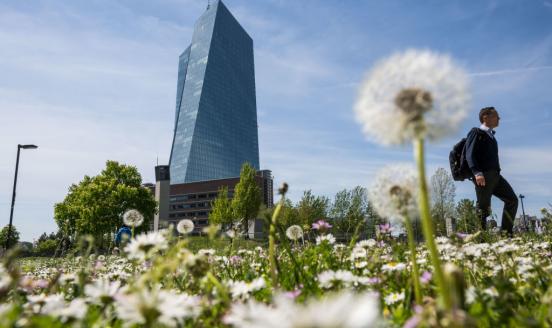Investing for the common good: a sustainable finance framework
Traditional finance focuses solely on financial return and risk. By contrast, sustainable finance considers financial, social and environmental return

The issue of sustainable development has multiple aspects, all of which need to be considered if sustainability is to be guaranteed. On the environmental front, climate change and depletion of natural resources are two factors that are threatening the earth’s ability to regenerate. On the economic front, development that does not pay sufficient attention to income inequality and provision of basic needs to all is a process in danger of imploding. This essay explores the role that finance can play to ensure that investment protects the environment and promotes economic systems that are internally sustainable.
Dirk Schoenmaker argues that seeing the role of finance as one of allocating funding to productive investments in a narrow sense is no longer appropriate. What constitutes ‘productive’ cannot be independent of a project’s environmental and socio-economic impact because there are often trade-offs between short-term profits and long-term impact. What might appear to be a profitable project over a given time period could have negative impacts that might only become apparent in the longer term. This essay discusses these trade-offs in the context of the conflicting objectives of shareholders and other stakeholders: the motivation of the former to generate profits might at times jeopardise the long-term interests of the latter. This essay shows how that is a consequence of short-termism and a failure to act with the collective interest in mind. But if sustainability is paramount, as it should be, then the shareholders’ and stakeholders’ motives need to be better aligned.
This essay provides a framework for moving in this direction and offers guidelines to counter short-termism, with an emphasis on incentive-compatible measures for all. Moving from traditional to sustainable finance means having to counter attitudes that are embedded in the ways our economic systems are organised. Shifting away from them requires both new ways of operating but, importantly, new underlying principles that put sustainability centre stage to guide our thinking. It is important that we put this process in motion, and the earlier the better.
Maria Demertzis, Deputy Director of Bruegel
Brussels, July 2017



